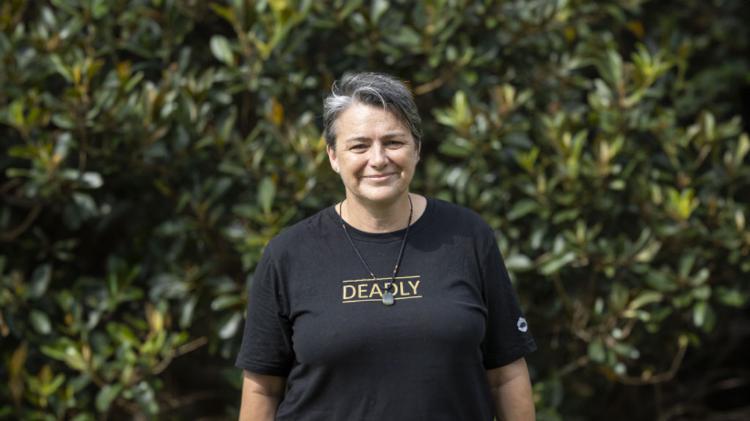We are committed to ensuring Indigenous representation, voice, advice and cultural guidance are provided at all levels of the University. We are dedicated to advancing Indigenous education, engagement, and community development through holistic and culturally sensitive approaches.
Our people
Our leadership
Vice-President, Indigenous Strategy and Engagement
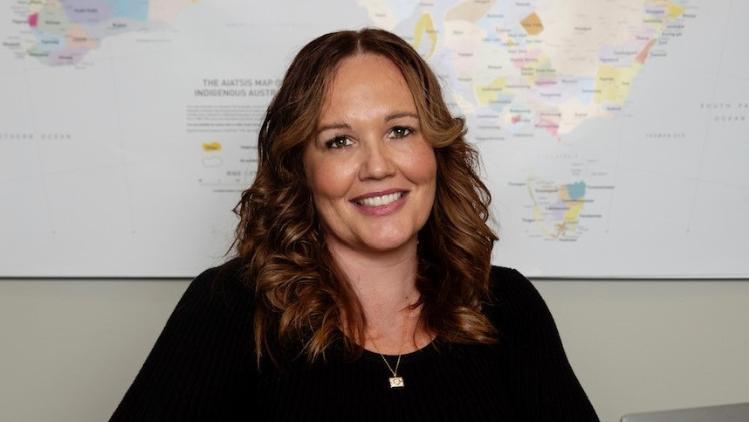
Support staff contact:
If you'd like to contact Jaymee, please use the below contact details
Leann Hartley
Administrative Officer to the Vice President, Indigenous Strategy and Engagement
Ph: +61 2 4221 3942
email: leann_hartley@uow.edu.au
Jaymee Beveridge is a proud Aboriginal woman from far north Queensland with family ties to the Torres Strait Islands and Palm Island. Jaymee embraces her mixed heritage, stating she is richer culturally for being jointly raised in a Greek and Indigenous Australian family environment.
Jaymee was appointed as the Vice-President, Indigenous Strategy and Engagement in 2023. For the 2 years before the Vice-President role, she served as the Executive Director (Indigenous Strategy) while continuing her position as the Director of Woolyungah Indigenous Centre at UOW, which she had held since 2018.
With over 17 years of experience in the Australian public service sector, Jaymee specialises in Community and Family Services. She has successfully led and managed multidisciplinary teams within the non-government and not-for-profit sectors. Throughout her career, Jaymee's focus has been on assisting the nation’s most vulnerable, high-needs, and complex individuals and families.
Jaymee’s expertise has been explicitly developed through her front-line work as a Family and Community Services Specialist. Initially working in a direct case management capacity, she later transitioned into leadership positions within the Child Protection, Housing and Homelessness, and Domestic Violence realm in the Illawarra and Shoalhaven areas of NSW. Jaymee has also taken on various project implementation and management roles focusing on the introduction of Workforce Development Tools, capacity building in community organisations and NSW Sector Reforms.
Jaymee continues to contribute to the community services sector in her advisory role to the NSW Department of Communities and Justice Aboriginal Advisory Council.
Project Manager, Indigenous Advancement
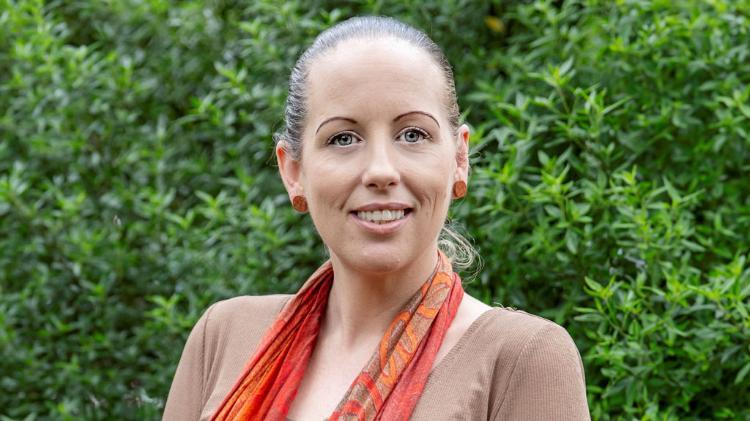
Tammy Small (family name Gordon) is a proud Wiradjuri woman. She is first in her family to complete her HSC and continue onto tertiary education completing her Bachelor of Teaching/Bachelor of Arts specialising in Secondary Social Science Teaching in Higher Education sector.
Tammy is an experienced university professional and academic, with a proven record of providing exceptional information and support to a wide range of stakeholders.
With over a decade of experience working alongside University stakeholders, business and organisations to develop and facilitate purpose fit ‘right ways’ consultation frameworks. Her experiences with project, strategy and policy management have helped shape her standpoint and approach when planning to support operationalising organisational agility to respond to new and emerging realities faced by Indigenous peoples.
Tammy has held numerous roles in higher education settings including Manager of Student Advancement, Indigenous Employment Coordinator, Academic Engagement, and Tertiary Educator (Lecturer/tutorial teacher in Aboriginal Education and Contemporary Issues- core course for all Teaching students). Tammy has worked in a consultancy capacity where she worked collaboratively with Ernst & Young to review and evaluate the impact, actions and trends of Reconciliation Action Plans (RAP) from businesses and organisations throughout Australia.
Tammy has a passion for writing and is currently collaborating with academics from multiple universities to produce two chapters in a book called Delivering Inclusive Learning which will published by Cambridge University Press in December 2024. Tammy has also been a member of the AIATSIS Research Ethics Committee since 2021.
Conscious Communities Lead
Catherine Moyle (BAppSci, Grad Dip Ed, MPH, Cert IV Training and Assessment, PhD candidate)
Catherine is a proud Gamilaroi woman. Since coming to UOW in 2016 she has held a range of academic and professional roles, consistently teaching in ASSH and as Research Assistant / Research Fellow with Early Start, LTC and ANCORS, publishing on environmental governance and curriculum reconciliation. She has extensive experience in Australian and New Zealand government agencies and NGOs. Catherine's expertise includes change management, community engagement, program design and evaluation, and development and delivery of nationally accredited curriculum and assessment.
Her current role of Conscious Communities Lead is an extension of strengths in policy, change management and curriculum development. Current focus areas include the development of University Indigenous Cultural and Intellectual Property (ICIP) and Indigenous Data Sovereignty (IDSov) frameworks and training for supervisors of Indigenous HDR students.
Catherine is a current PhD candidate exploring Aboriginal experiences of belonging. She is member of several Global Challenges projects aligned with research passions including Indigenous methodologies, codesign, and practice improvement.
Catherine was elected to the UOW Aboriginal Advisory Committee (AAC) in 2022. She is actively involved in community advocacy and governance, winning the 2022 IWD Aunty Mary Davis award for leadership. Her current roles include:
- President, Wollongong Northern District Aboriginal Community (WNDAC),
- Chair, Healthy Cities Illawarra,
- Director, WEA Illawarra.
Previous roles include Deputy Chair Illawarra Local Aboriginal Land Council (ILALC), Co-Chair Illawarra Shoalhaven Social Investment Trust (ISSIT), founding convener Illawarra Escarpment Alliance (EscA).
Curriculum Transformation Lead
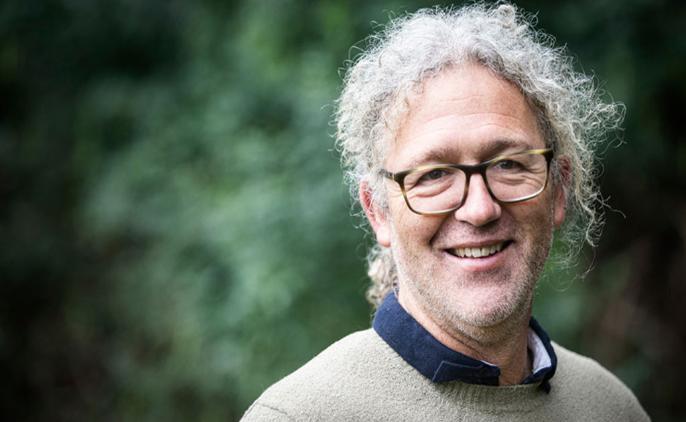
Dr Anthony McKnight is an Awabakal, Gumaroi and Yuin Cultural Man. Anthony is a father, husband, grandfather, uncle, son, grandson, brother, cousin, nephew, friend and academic. Anthony is currently the Curriculum Transformation lead within the Indigenous Strategy Unit.
Anthony respects Country and values the knowledge that has been taught to him from Country, Elders and teachers from community(s).
He continuously and respectfully incorporates Aboriginal ways of knowing and learning, with a particular interest in contributing to placing Country at the centre to validate Aboriginal approaches in curriculum, teaching, learning and research.
Anthony is currently involved in several research projects including,
- ARC Linkages Project, Sparking Imagination: Transforming inequality in schools;
- Lowitja Institute Grant, Strong Culture, Healthy Lifestyles: an afterschool cultural activity program for Aboriginal children in the Shoalhaven region;
- and a UOW Internal Equity Diversity and Inclusion grant, Who cares about Country.
He has been a member of the UOW Human Ethics committee for 5 years and has continually provided mentoring for committee members.
Anthony is also a well-published Author, including his contribution to Research for Educators (3rd Edition) Cengage, 2023.
In 2017, Anthony completed his PhD, with a thesis titled ‘Singing Up Country in Academia: Teacher education academics and preservice teachers’ experience with Yuin Country, University of Wollongong. He also holds a Master of Education (HRD), University of Sydney and a Bachelor of Education, Health and Physical Education from the University of Wollongong.
Meet some of UOW’s Indigenous academics
- Stephanie Beaupark
- Nadia Neal
- Maria Mackay
- Elizabeth Dale
- Crystal Arnold
- Ashleigh Markstone (nee Johnstone)
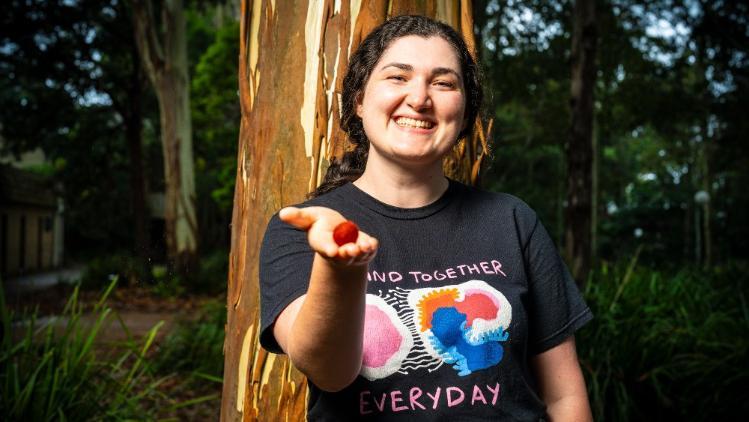
Stephanie Beaupark is a Ngugi woman from Mulgumpin (Moreton Island) on Quandamooka Country. She is an Associate Lecturer with the Faculty of Arts, Social Sciences and Humanities and PhD candidate with the Faculty of Sciences Medicine and Health. Her current research investigates Indigenous science of natural dyemaking and weaving practices. The aim is to define how creative practice can build connections between the world of westernised science, specifically chemistry, with Indigenist ways of being, creating and sharing knowledge. In 2023, her research is being supported by the Australian Academy of Science Aboriginal and Torres Strait Islander Scientist Award. Stephanie has previously worked as a curator at the Wollongong Art Gallery and at the Firstdraft Gallery. She graduated from UOW with Bachelor of Science (Chemistry) and Bachelor of Creative Arts (Visual arts) in 2019 and completed her Bachelor of Science Honours in 2020.
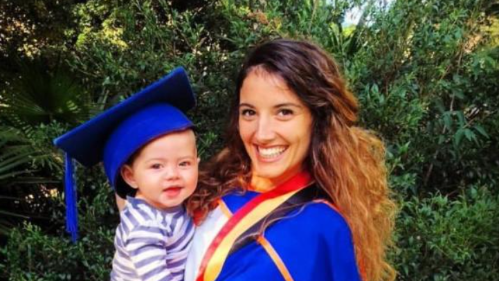
Nadia Neal is a Wodi Wodi woman from here in the Illawarra born and was raised on Yuin Country. She is a Lecturer in Public health and is currently researching Cultural Safety and appropriate delivery of Aboriginal knowledges within University content. Nadia previously worked at the Aboriginal Health and Medical Research Council of NSW and Australian Health Services Research Institute and is dedicated to conducting research and programs within Aboriginal communities to achieve better health outcomes and educational opportunities. She has background in Public Health and Education, completing two degrees at the University of Wollongong.
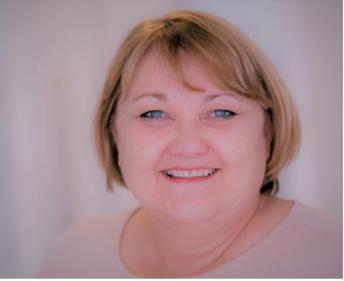
Maria is a Wiradjuri woman from Central New South Wales. She is a Senior Lecturer and Associate Head of School for Equity, Diversity and Inclusion. Maria’s is currently researching the well-being of communities following the cumulative disasters of the bushfires, floods, and COVID; cultural safety awareness among students and academics in the School of Nursing; Embedding Indigenous knowledges into curriculum; Breastfeeding and skin to skin contact immediately post birth; Criteria led discharge and Exploring the links between family-centred care and the person-centred practice framework. She has a long career in the health service and has been paediatric nurse and midwife for over 36 years. Maria has worked at the University of Wollongong for over 11 years and still practices as a Midwife in a rural hospital in NSW.
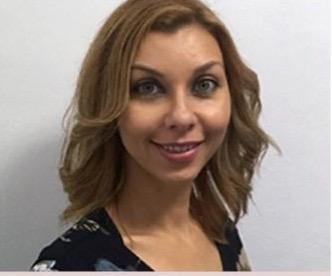
Liz Dale is a Worimi woman from the Northern Coasts of New South Wales. She is a Senior Lecturer, Course Co-ordinator for UOW’s Graduate Certificate in Indigenous Trauma Recovery Practice and a Clinical Psychology Registrar. Liz’s current research focuses on evaluating the cultural utility of mainstream psychological assessment; treatment interventions for Indigenous peoples and how clinical approaches can be enhanced by integrating Indigenous ways of knowing, being and doing; and Investigating the cultural utility of existing approaches to assessing and treating Indigenous peoples living with eating disorders. She has over 16 years of clinical experience working with a range of mental health conditions and specialises in Indigenous health and wellbeing, Intergenerational trauma, and treating anxiety, stress, depression and substance use disorders. Liz provides cultural training, supervision and consultation to a range of health and wellbeing services and is an experienced and credentialed eating disorders clinician.
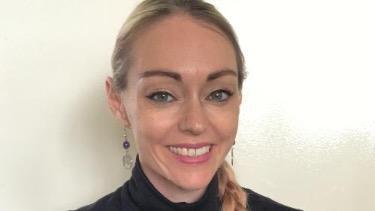
Crystal is a Gundungurra woman from South-Eastern New South Wales. She is an Associate Lecturer in the Faculty of teh Arts, Social Sciences and Humanities. Crystal is currently undertaking research for her Doctor of Philosophy that examines Aboriginal people’s developing and ongoing relationship with weeds along the Shoalhaven River, aiming to examine these relationships with respect to Yuin ontologies of oneness, whereby weeds and Country are acknowledged and respected as knowledge holders. Crystal is passionate about bringing a voice for nonhumans on Country, such as plants, into academia and Western systems.
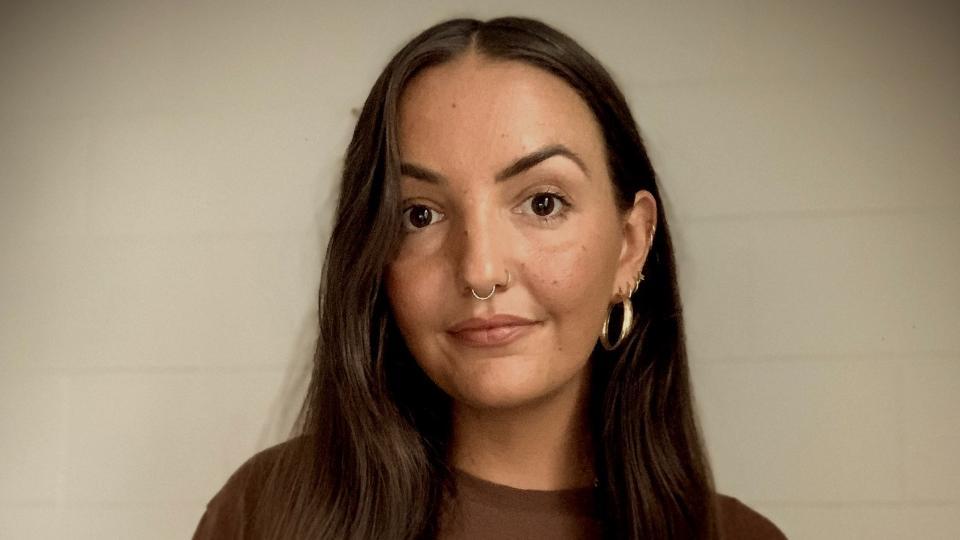
Ash is a Dunghutti woman from Northern New South Wales. She is an interdisciplinary academic, based in the Faculty of the Arts, Social Sciences and Humanities. Ash is currently working on a range of research projects and articles while also finalising her Doctor of Philosophy (PhD) that explores the relationship between First Nations Peoples, sovereignty, caring for Country, and environment sustainability. Her research areas extend across Indigenous Studies, environmental sustainability, sovereignty, domestic violence, neurodivergence, futurisms, history, education, advocacy, and justice. Ash is a well-known advocate in the domestic, family, and sexual violence space, and has worked collaboratively with local and national organisations to campaign for policy and law reform. She has extensive experience in providing strategic feedback and guidance to researchers, businesses, and organisations seeking to improve their processes in a way that aligns with Indigenous perspectives and practices.
